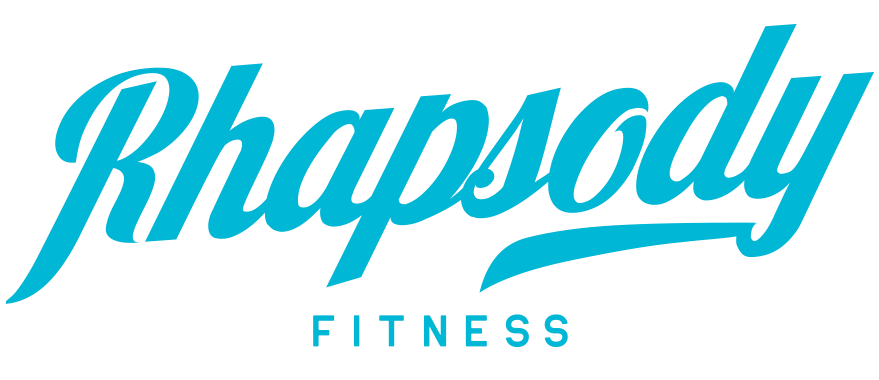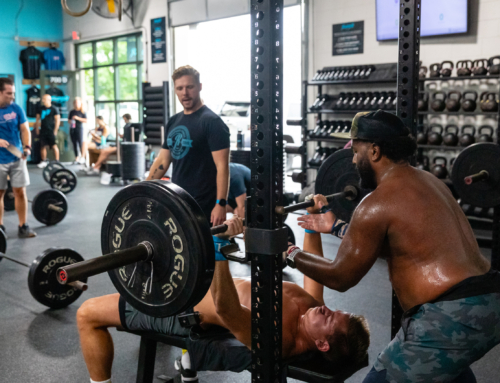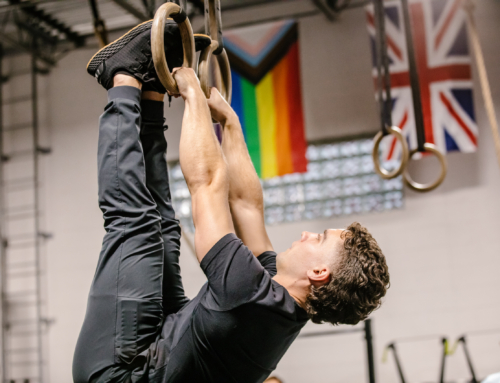Your body needs to feel stress to respond and improve. And this stress comes in the form of workout intensity, duration and frequency. Striking the right balance of training stress leads to progress. However, if you overstress your body, your performance will decline. This is known as overtraining – a term you’ve probably heard of.
A lesser-known term that also relates to your training and performance is under-recovery.
What is Under-Recovery?
Under-recovery is essentially the same thing as overtraining but viewed from a different angle. What are you not doing in between workouts? How are you under-recovering?
While you might be on a solid, progressive training plan, if you’re not getting quality recovery in between your workouts, then you might develop the same symptoms as being overtrained.
Are You Under-Recovered?
Here are some warning signs that you might be under-recovered:
- Your resting heart rate is elevated.
- You’re tired all the time.
- You’re always in a bad mood.
- You lack motivation and excitement.
- You keep getting sick.
- Your body’s always sore.
- You can’t remember the last time you had a good night’s sleep.
- You’ve had multiple bad workouts.
- You’re stuck on a training plateau.
What Can You Do?
By examining where your recovery is lacking, you’ll find areas for improvement outside the gym. Here are a few suggestions on how to manage under-recovery.
- Rest.
When was the last time you took a rest day? If it’s been a while and you’re sore, moody and tired, then those are all signs that point to under-recovery. Stay on top of your recovery by making rest and recovery an integral part of your training routine. - Keep a training log.
You can also watch for under-recovery symptoms by keeping a training log. But instead of only tracking your workouts, keep a record of your recovery habits, as well. This might include how much you’re sleeping, what you eat after a workout, notes on your mood or level of soreness. Writing down what you’ve completed both inside and outside the gym can help hold you accountable for prioritizing recovery. Plus, you’ll be more likely to notice patterns and make changes to your training and recovery habits. - Pay attention to stress.
When it comes to training, we tend to think of stress in terms of the workout intensity, duration and frequency mentioned above. However, your body doesn’t separate workout stress from life stress. Stress is stress. So whether you had a rough day at work or a tough workout at the gym, your body will need some quality recovery time. Pay attention to all the sources of stress in your life and respond accordingly.
Ready for some quality recovery time? Rhapsody Recovery encompasses deep stretching, mobility, breathwork and mindset work to revive you and rejuvenate your mind. Come and join us! Just bring your mat (and leave your stress at the door).






